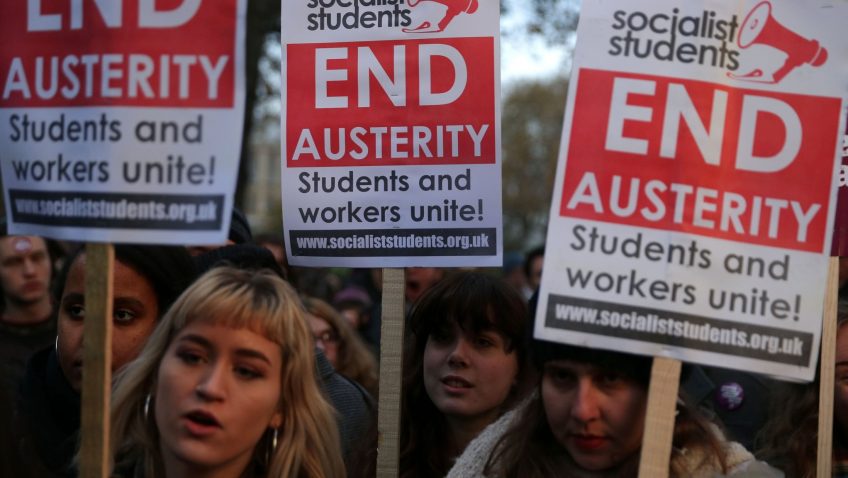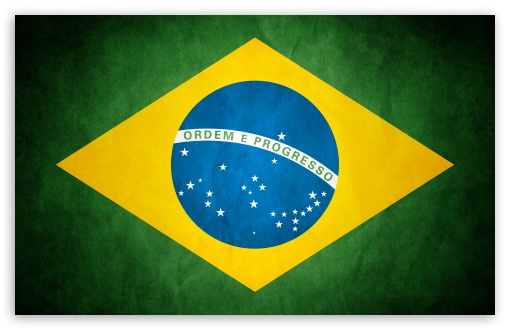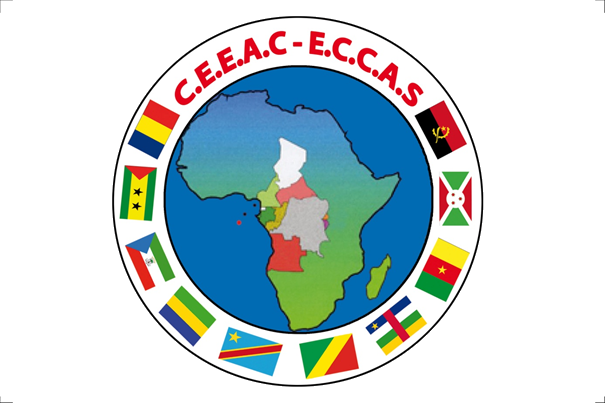Recent protests around the world have captivated media attention. But they all have one thing in common. They are a response against global austerity, corruption, and a revolt against the establishment. From Iraq to Lebanon to Chile to Ecuador to France to Iran, more and more protests are calling for an end to authoritarian regimes, an end to austerity measures, and an end to the conservative/neo-liberal dominated world order that has been the dominant force of Western politics since 1979.
But why are we seeing these protests? Well, one reason is social media. As social media becomes widespread, old methods of dissident suppression no longer work. This has spread to new information and a fundamental global re-awakening of the structure of the modern globalist society, particular as the global gap between rich and poor, have and have-not, increases.
Even so, the general trend has been a global movement. We today are living in a movement politics era, from issues to climate change to income inequality to sex trafficking to human rights, it is only a matter of time before large-scale protests against the ruling governments occur.
These protests, however, do beg another question that no one is talking about. With the rise of globalization and automation, and the age of the internet connecting more people than ever before, effectively ending traditional borders, one has to wonder, are we seeing the beginnings of the post-capitalist era and enter a true form of global Marxism?
Well, in order to achieve that state of mind one would have to enter a global-wide abolishment of property and of borders and a total-abolishment of government, but in order to do that a global government and global consolidation of property would have to take place first. That is unlikely to happen, especially when a large part of the global movement against austerity also calls for greater individual property ownership when it comes to things like data (United States) and land ownership (South Africa). One can also view the call to end global wealth inequality as a call to end property consolidation. After all, wealth is a form of property, and therefore, the distribution of wealth is another form of distribution of property.
But, a new world order is coming, but this world order will not be dominated by one country, but instead, by a global movement. Where in the past we had the Pax Romana, Pax Mongolica, Pax Britannica, and Pax Americana, in the future we will have the Pax Socialisma.
This also may fundamentally mean the end to superpowers. Gone may mean the days where general events of world affairs were dictated by political and military actions of a few nations over the entire world. Instead, we will have actions decided by ruling ideologies, such as Social Democratic superpower.
Ultimately though, no one knows what the future will hold for the future.








